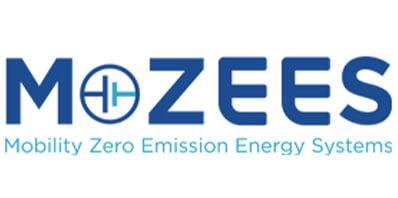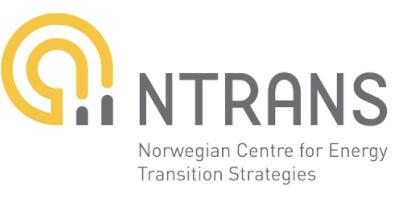Research - NTNU Energy Transition Initiative
Research Areas
We have organized NTNU Energy Transition research projects into five categories:
Our research explores the future energy mix and transition to a low-emission society.
NTNU Energy Transition Initiative plays an important role in how society respond to the many challenges facing the current energy system. By bringing together world class experts, policy makers and industry, we contribute through multidisciplinary research projects and by facilitating collaboration. Our stakeholders provide research opportunities, and together we strategize to best integrate sustainable solutions into future energy systems.
We deliver analyses for leaders, policy makers, regulators and the public. General summaries are available through our reports, but members are invited to workshops and can involve themselves in subjects more relevant to their field. Every year we arrange the Energy Transition Conference, a key meeting point to debate challenges and solutions for the transition to a future sustainable energy system.
Research Centres
Our research portfolio is developed in collaboration with different centres and international partners. Through coordinating activities between the centres, we provide multidisciplinary research combining a wide variety of expertise.
The centres are funded by the Norwegian Research Council's program as Centres for Environmentally Friendly Energy Research (FME).
Research Centres
- Follow us:
- Follow us on LinkedIn
- Youtube


























